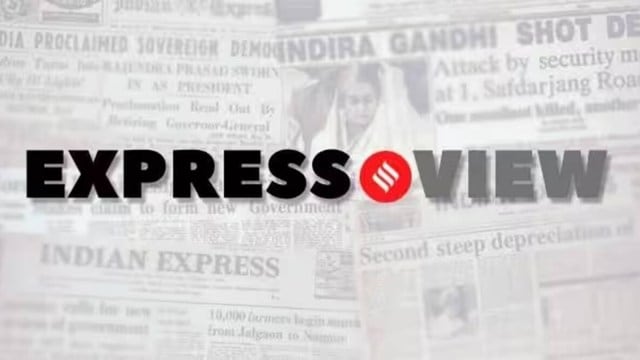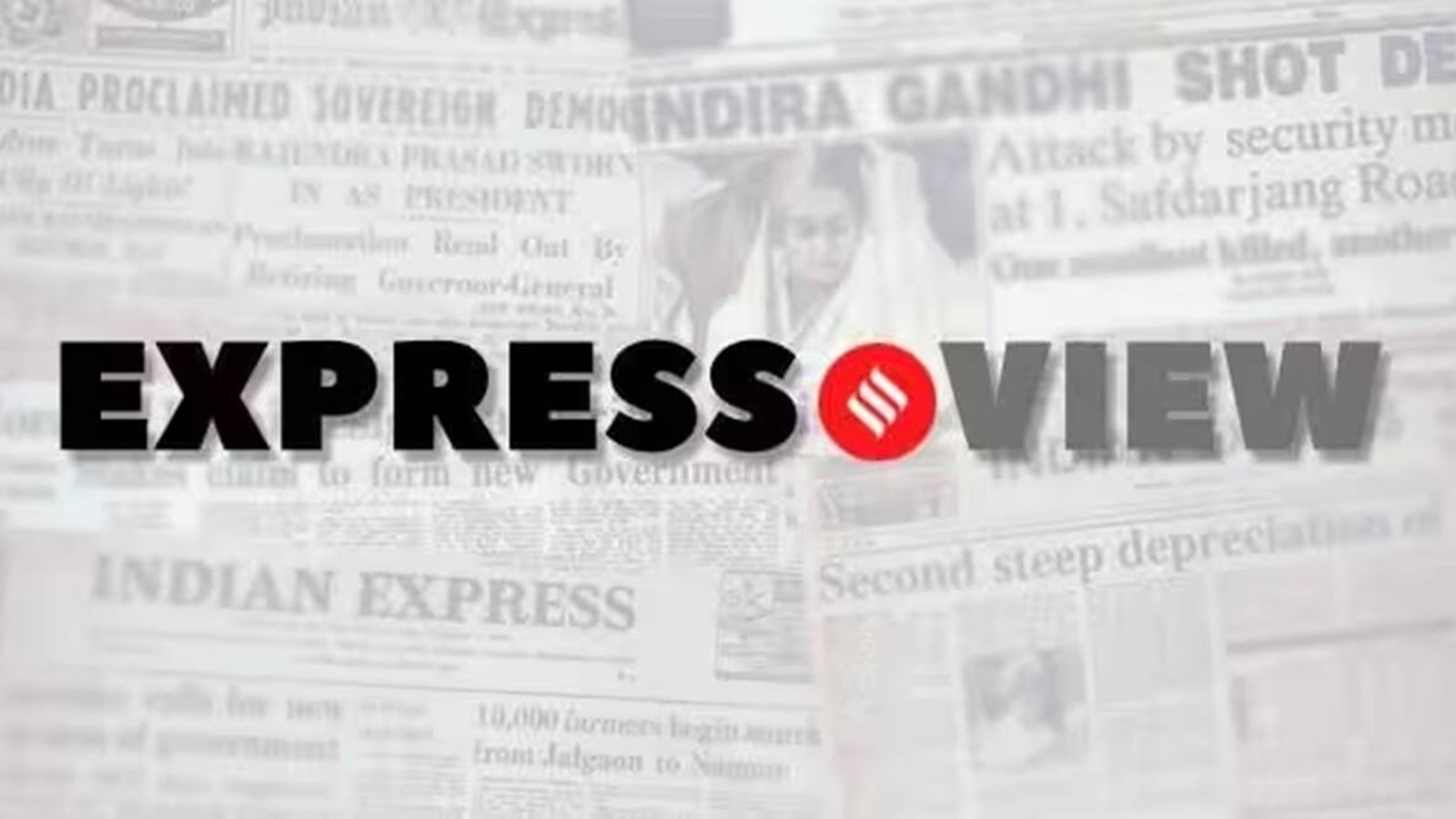
On July 25, a nine-judge bench of the Supreme Court ruled that states in India have the power to tax mining activities, and that their collecting “royalties” from mining leaseholders does not violate the Constitution. This ruling has wide-ranging ramifications not just for India’s federal polity but also for the mining companies. The apex court was soon moved by mining companies with the aim of convincing it to apply this ruling prospectively — that is, starting 2024. Last week, the SC ruled that the ruling will be applicable from 2004. This has raised concerns about the spectre of retrospective taxation, but a close reading of the latest verdict suggests that this is not the case.
Retrospective taxation essentially implies raising a new tax demand for a time in the past when such a tax did not exist. But the facts of the current case are substantially different. In 1989, in the India Cements case, a seven-judge SC bench ruled that royalty is a tax and the states can’t raise any such revenue demands. In 2004, in the Kesoram case, a five-judge bench revisited this issue and concluded that there was a “typographical error” in the India Cements judgment. While this judgment by a smaller bench could not overturn the 1989 ruling, it set the precedent for different states to raise demands for royalty payments from companies. In 2011, the SC took notice of the continuing confusion on the matter and sent it to a bigger nine-judge bench, the Mineral Area Development Authority or MADA case. The MADA ruling in July conclusively overturned the 1989 India Cements judgment. In its ruling last week, the same nine-judge bench chose to start the application of its ruling from 2004 — the date of the Kesoram case verdict. The court explained that it applies prospective overruling when a law is found to be ultra vires to the Constitution. But, “In the case of taxing statutes, such a declaration would make the State liable to refund all amounts collected under the invalid legislation.”
While the SC has softened the financial setback for companies — they are required to pay only the principal amount, not the interest, and the payment can be staggered over 12 years — it is undeniable that this protracted judicial process and reversal of verdicts can undermine business confidence. However, the primary responsibility of creating a stable policy environment lies not with the court but with policymakers — both at the Centre and states. In this regard, it is all the more important that policymakers ensure that — as the sole dissenting voice, Justice B V Nagarathna, warned — this verdict does not lead to the “breakdown of the federal system” in the context of mineral development.


